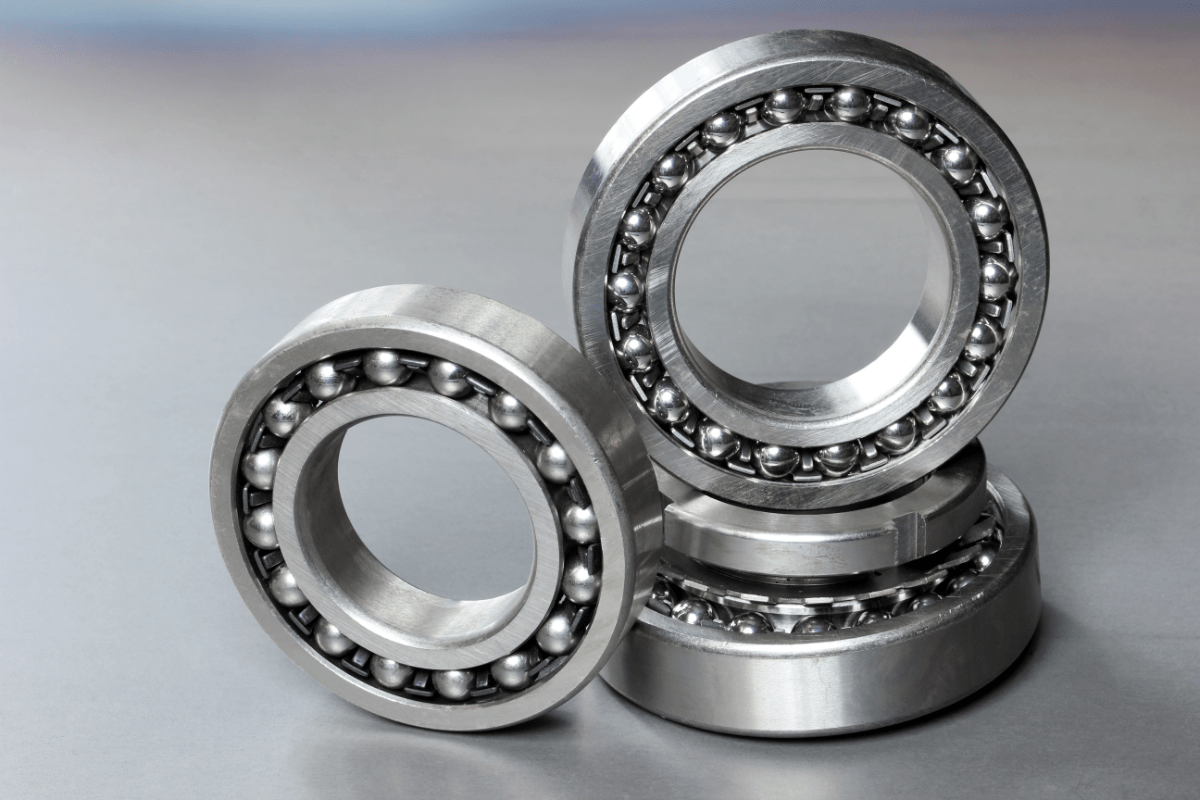
What Are The Symptoms Of Bad Ball Bearings?
Although high quality ball bearings are generally durable components – especially when purchased through a reputable supplier and produced by a world leading brand, such as Dunlop – these components can and do develop faults through regular use. Recognising the first signs or symptoms of ‘bad’ ball bearings will enable rapid repair or replacement before excess friction and waste heat leads to mechanical damage or premature failure in your application.
In this article, we discuss the main early warning signs to look out for that could indicate an emerging fault with your bearings.
1. Excess Or Unusual Noise
One of the tell-tale symptoms of a failing bearing is excessive or unusual noise during operation. In particular, a growling, squealing, or humming noise could indicate insufficient lubrication, poor alignment, or the early stages of a mechanical fault.
2. Vibrations
A good ball bearing will be designed to minimise vibrations during operation, with a smooth transfer of motion and kinetic energy. Vibrations, therefore, can be a sign of a problem with your bearings. For example, if the ball bearing is not properly aligned or is damaged or worn, it will start to vibrate unusually during operation, even at its specified speed and load.
3. Excess Heat
Heat during operation is generated through a build up of friction – an issue that ball bearings are specifically designed to avoid. Above usual levels of heat are, therefore, a common sign of friction building up between the bearing surfaces and should be addressed quickly before it causes overheating and damage. Excess heat can have a detrimental effect on other components in your system if it is not addressed promptly.
4. Lubricant Leakage
Even a small lubricant leak is a red flag of a potential problem, often the result of a damaged seal on a bearing allowing lubricating oil to leak out from inside the component itself. The immediate result is less protection for the bearing and an increased risk of further wear and tear over time. A lubricant leak could progress into additional symptoms, such as excessive heat, vibration, and noise, and the issue should be addressed as quickly as possible.
5. Reduced Rotating Movement
Spherical ball bearings are intended to rotate in all directions, accommodating both radial and axial loads. Rough or sluggish rotational movement may be the sign of wear and tear or physical damage, so if you notice a change in the range of movement when using your machinery, we recommend inspecting each component carefully to identify any potential issues.
Download Our Free Bearings Catalogue
At BTL-UK, we supply a wide range of ball bearings for manufacturing and industrial applications, and are an approved supplier for Dunlop, with an extensive selection of bearings in stock for immediate dispatch from our UK distribution centre. To find out more about our product availability, please click here to download our free bearings catalogue, or either get in touch via are website or call 01233 663340 today to discuss your project requirements with one of our knowledgeable team.
Image Source: Canva




